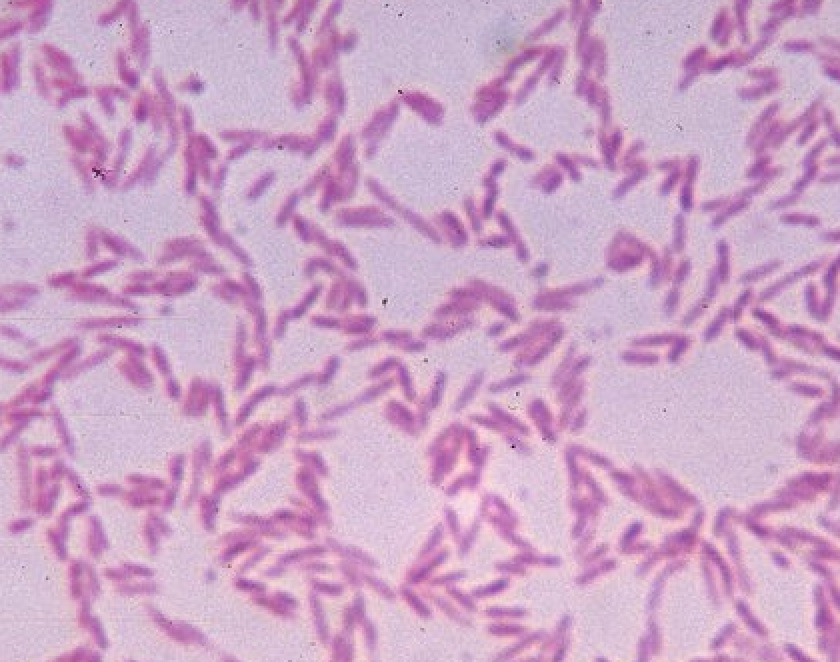
Bacteroidetes
Bacteroidetes is the most temporally stable phylum of bacteria in the human gastrointestinal microbiome, illuminating just how essential they are to your health.
Taxonomic Level: Phlyum
Properties: Gram-negative, Both, Nonsporulating
Additional Information: Bacteria of the phylum Bacteroidetes live in the gastrointestinal tract in high abundance, and they are essential in many degradation processes including those of proteins and complex sugar polymers. Colonization of Bacteroidetes is promoted during infantry, due to nondigestible oligosaccharides in a mother’s milk, and they represent the most stable component of the gastrointestinal microbiota over time in healthy adults. The majority of Bacteroidetes bacteria belong to certain families which produce succinic acid, acetic acid, and sometimes propionic acid (please see the functional analysis section of your report to learn more about several of these short chain fatty acids). The role of Bacteroidetes bacteria in the microbiome is somewhat complex. While low levels of this phylum of bacteria has been associated with obesity and irritable bowel syndrome, patients suffering from T1D and T2D have been found to have an increased abundance of Bacteroidetes.
.png?width=3000&height=1170&name=NirvanaBiome_logo_fullcolor_RGB-1500%20(1).png)
.png?width=1500&height=585&name=NirvanaBiome_logo_fullcolor_RGB-1500%20(1).png)



